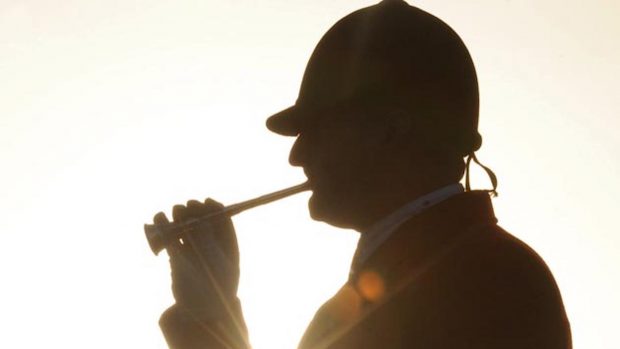Video evidence by the League Against Cruel Sports (LACS) and the International Fund for Animal Welfare (IFAW) may no longer be admissible in court, the Crown Prosecution Service (CPS) has ruled.
New guidelines drawn up by the CPS say antis may video hunts “for their own purposes”, but if a police force is aware a group is “conducting covert surveillance” and intends to use it in court, Home Office authorisation should be sought.
This clarification will put an end to the cosy relationship between police forces and anti-hunt groups, said Countryside Alliance spokesman, Tim Bonner.
“The police can’t claim not to know what LACS and IFAW are doing. Even the Association of Chief Police Officers (ACPO) guidance on the Hunting Act [the Hunting Act Investigators’ Manual] says they rely on evidence from non-government organisations,” he added.
Earlier this month a judge in the case against a Dorset hunt terrier man asked for guidance as to whether secret filming by antis was subject to the Regulation of Investigatory Powers Act 2000 (RIPA) — which gives police and local authorities permission to undertake surveillance (news, 7 January).
The CPS clarification adds that if the police force does not encourage or initiate the surveillance, authorisation is not necessary. But that evidence may not stand up in court.
Mr Bonner said: “Under the Partnership for Action Against Wildlife Crime (PAW) groups like LACS and IFAW sign up to support the police and combat wildlife crime. LACS even has a dedicated email address on the Home Office secure network to report suspected crimes.
“The police and these groups now know they are in dangerous territory under human rights legislation if they use unauthorised covert film evidence in court and could be sued,” Mr Bonner added.
The guidance follows the collapse of the case against South Dorset hunt terrier man Christopher Leadbeater at Bournemouth Magistrates Court on Thursday (21 January).
Mr Leadbeater had been accused of interfering with a badger sett and the prosecution relied on covert filming of him digging taken by LACS.
Mr Leadbeater had been exempt fox hunting within the Hunting Act, said his solicitor Jamie Foster, of Clarke Willmott LLP.
District judge Philip Gillibrand — ruled the evidence of the expert witness in the case, Andrew Parr, must be disregarded as he had a long association with LACS and was a former hunt saboteur.
Mr Gillibrand asked for clarification of RIPA, as he felt anti-hunt groups were breaking human rights law.
But Douglas Batchelor, chief executive of LACS, says his group will not change its tactics.
He said: “If anyone breaches the conditions of the Hunting Act evidence supplied by monitors can and will be used by the police and the CPS to support the prosecution process.”



